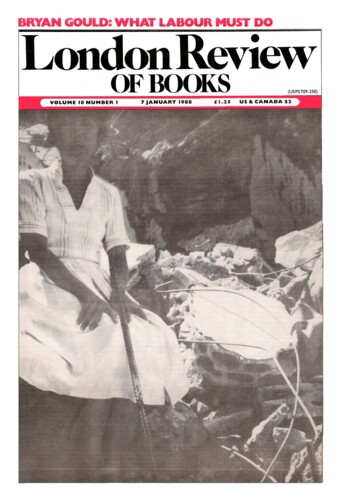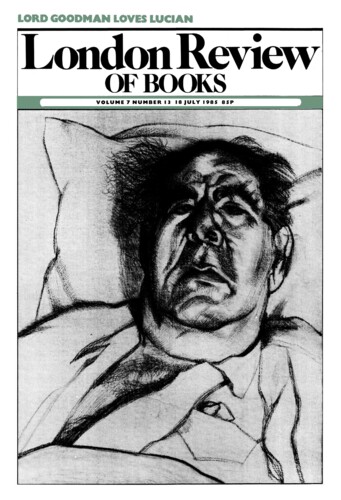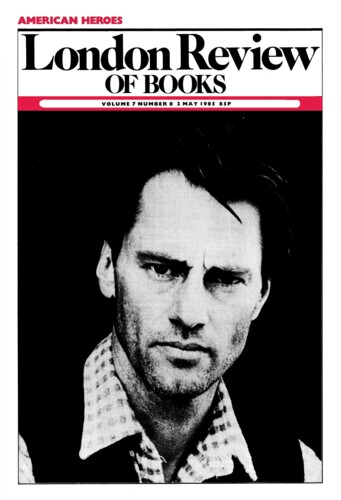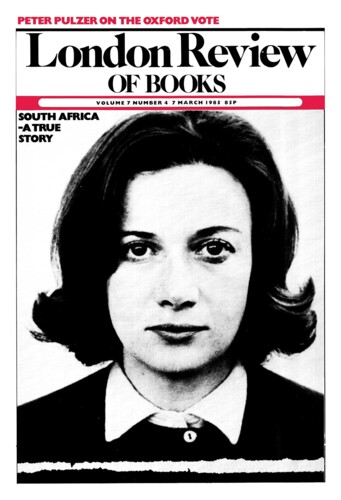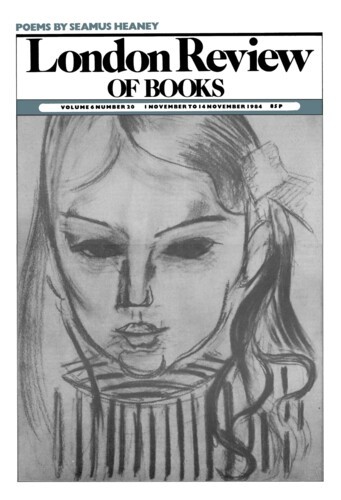Anti-Liberalism
Alan Brinkley, 7 January 1988
The history of the United States since the close of World War Two has so far produced relatively little in the way of academic scholarship and even less in the way of serious scholarly argument. There are, however, two major issues that have produced both: the origins of the Cold War and the Eisenhower presidency – issues that have been the subject of extensive literature and extensive controversy and for which there are now not only well-established orthodox views but fully-developed revisionist stances as well.
